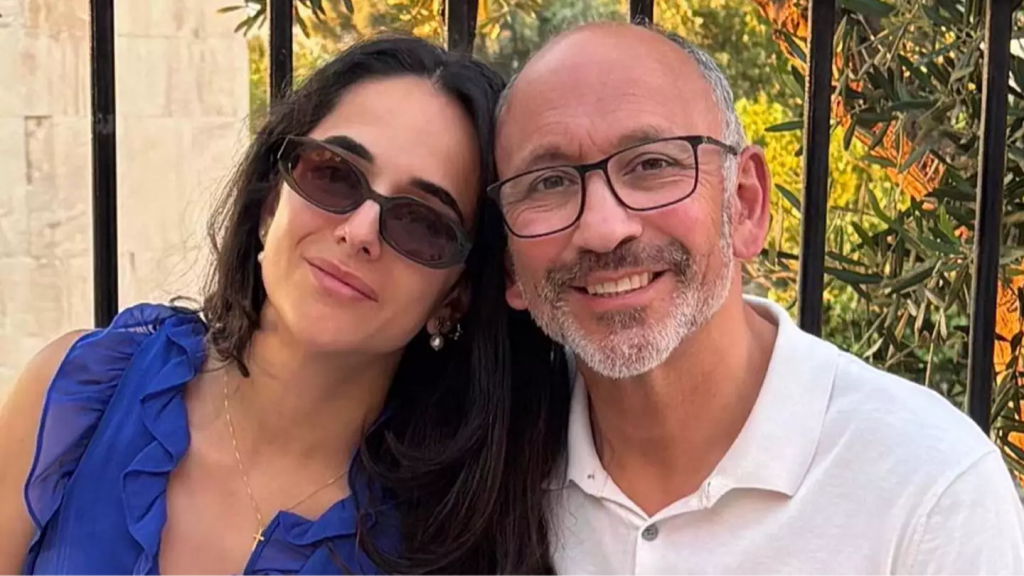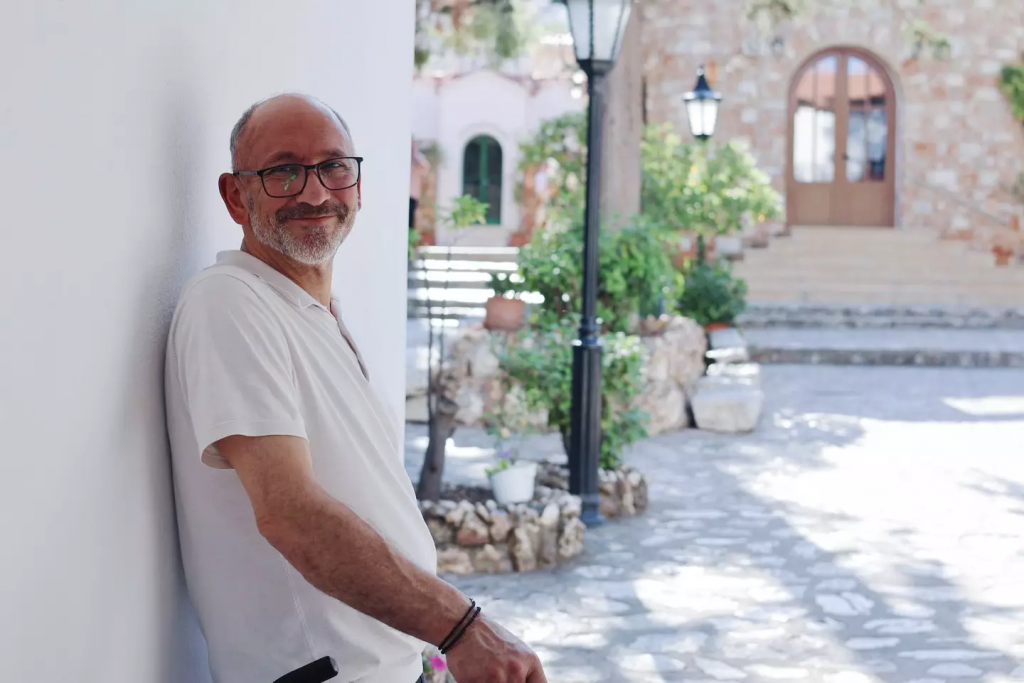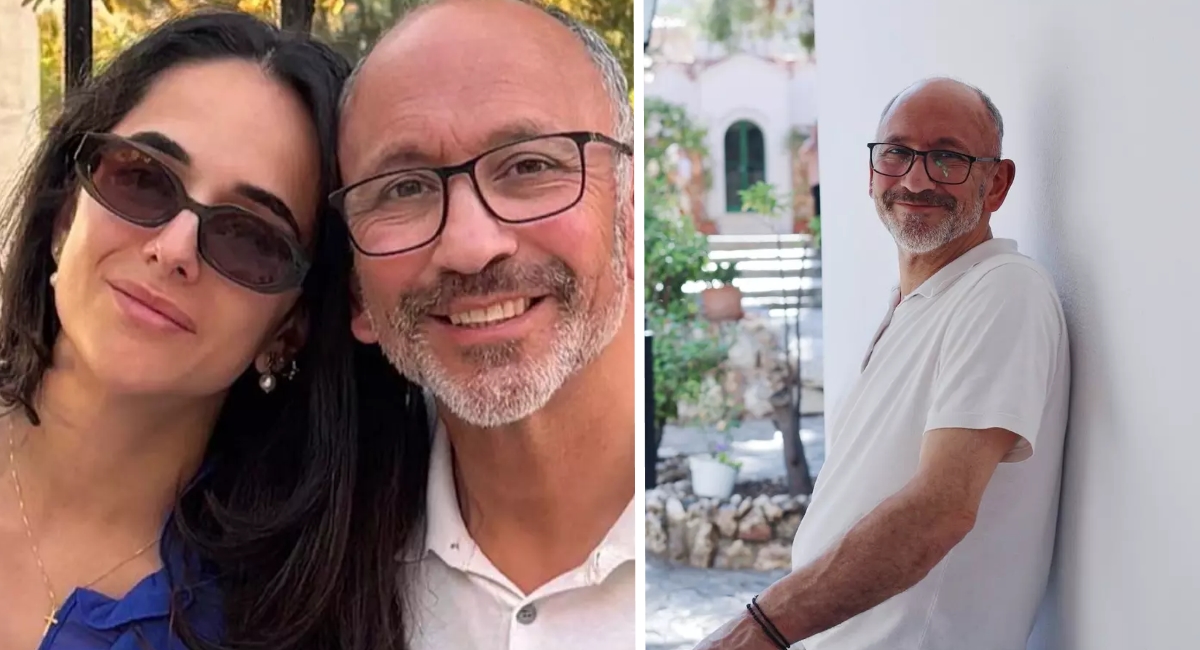When 57‑year‑old Costas Fantis first noticed a strange, caramel‑like smell that no one else could detect, he thought it was just stress or aging. He had no other symptoms—no headaches, no memory loss. Weeks later, an MRI scan revealed stage 4 glioblastoma, one of the deadliest brain cancers. This report shows how the smell became the first and only warning sign.
Costas, who runs a chip shop in Stoke-on-Trent, recalled how the scent came and went, growing stronger in the weeks before he visited his GP. “It wasn’t real, but I could smell caramel every day,” he said. Local coverage details how that simple complaint led doctors to investigate further, ultimately saving his life.

“I might not have gone in if it weren’t for that smell—it was like my brain was warning me,” Costas said.
Phantom smells, known medically as phantosmia, are rare. They can arise from minor issues like sinus infections, but they can also indicate neurological conditions. Experts warn that persistent, unexplained smells should always be checked by a doctor.
The MRI revealed a tumor deep in his temporal lobe, pressing against the area that processes smell. Within days, a biopsy confirmed glioblastoma, an aggressive brain cancer with an average survival rate of just 15 months. Cancer specialists say early detection can improve treatment options, though the disease remains notoriously difficult to treat.
Costas’s wife, Maria, described how their lives changed overnight. “One moment we were laughing about a silly smell, the next we were crying in a hospital corridor,” she said. Her emotional statement has resonated with families facing similar diagnoses.

“If you notice a weird smell or taste that won’t go away, don’t ignore it,” Maria urged others.
Doctors started Costas on a combination of radiotherapy and chemotherapy. He’s also seeking advanced immunotherapy in Germany, which costs hundreds of thousands of pounds. His fundraiser has already attracted donations from across the UK.
Phantosmia isn’t always sinister, but when it persists, doctors recommend neurological tests. Neurology research shows that tumors pressing on the olfactory nerve are among the rare but serious causes of these phantom scents.
Friends describe Costas as someone who always put his community first—running his chip shop even when times were tough. Now, locals are rallying to support him in his fight against cancer. Community pages have filled with messages of encouragement and donations.
Medical teams are also using his story to raise awareness. One oncologist told BBC Radio Stoke that symptoms like unusual smells or tastes can be as significant as headaches or seizures. The broadcast sparked hundreds of calls from listeners who shared similar stories.
“Smell changes are rare but powerful early signs,” said Dr. Carter, a leading neuro-oncologist.
For Costas, the hardest part is explaining the diagnosis to his four children. “I just want to see them grow up,” he said in a recent interview. A feature piece described the heartbreaking moment he told them about his condition.
Despite his grim prognosis, Costas is focusing on hope. He’s documenting his treatment journey to help others who might face similar battles. His personal blog has gained thousands of followers who call him an inspiration.
Scientists are also using cases like his to push for more funding into brain tumor research. Government studies show glioblastoma research remains underfunded compared to other cancers, despite its devastating impact.
Costas’s story is a reminder to pay attention to even the smallest signals from our bodies. A scent no one else could detect ended up being the key to diagnosing a life-threatening condition. Health advocates now encourage regular check-ups and awareness of rare symptoms.
His family remains determined, planning benefit events and online auctions to cover ongoing treatment. Their campaign continues to gather momentum, proving how one community can come together for someone in need.






